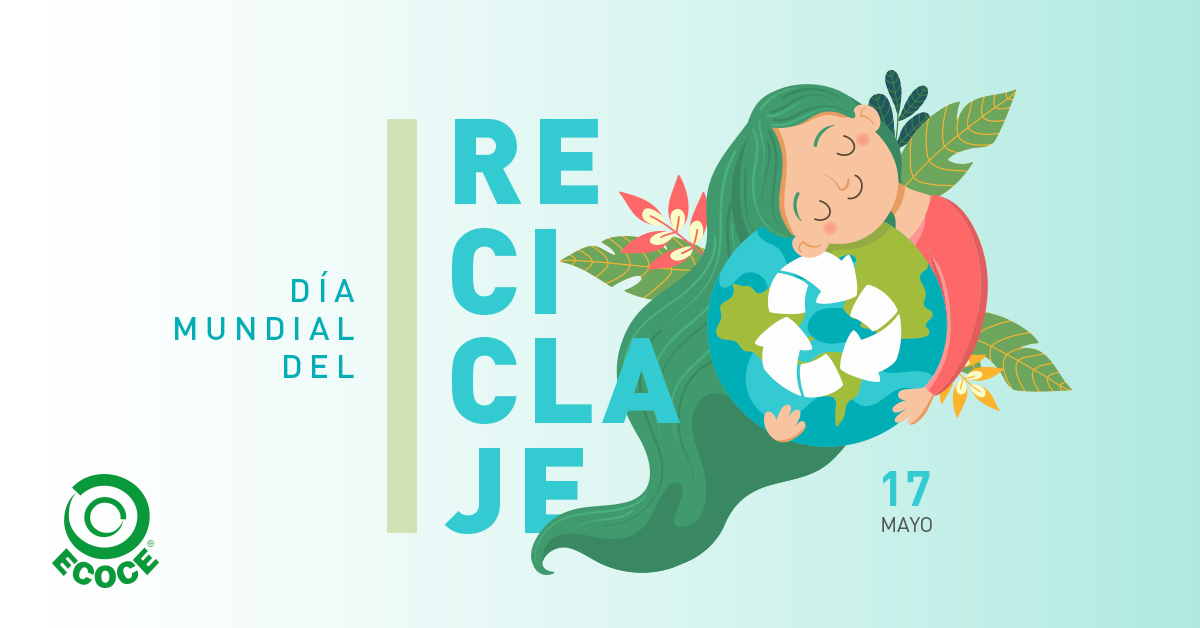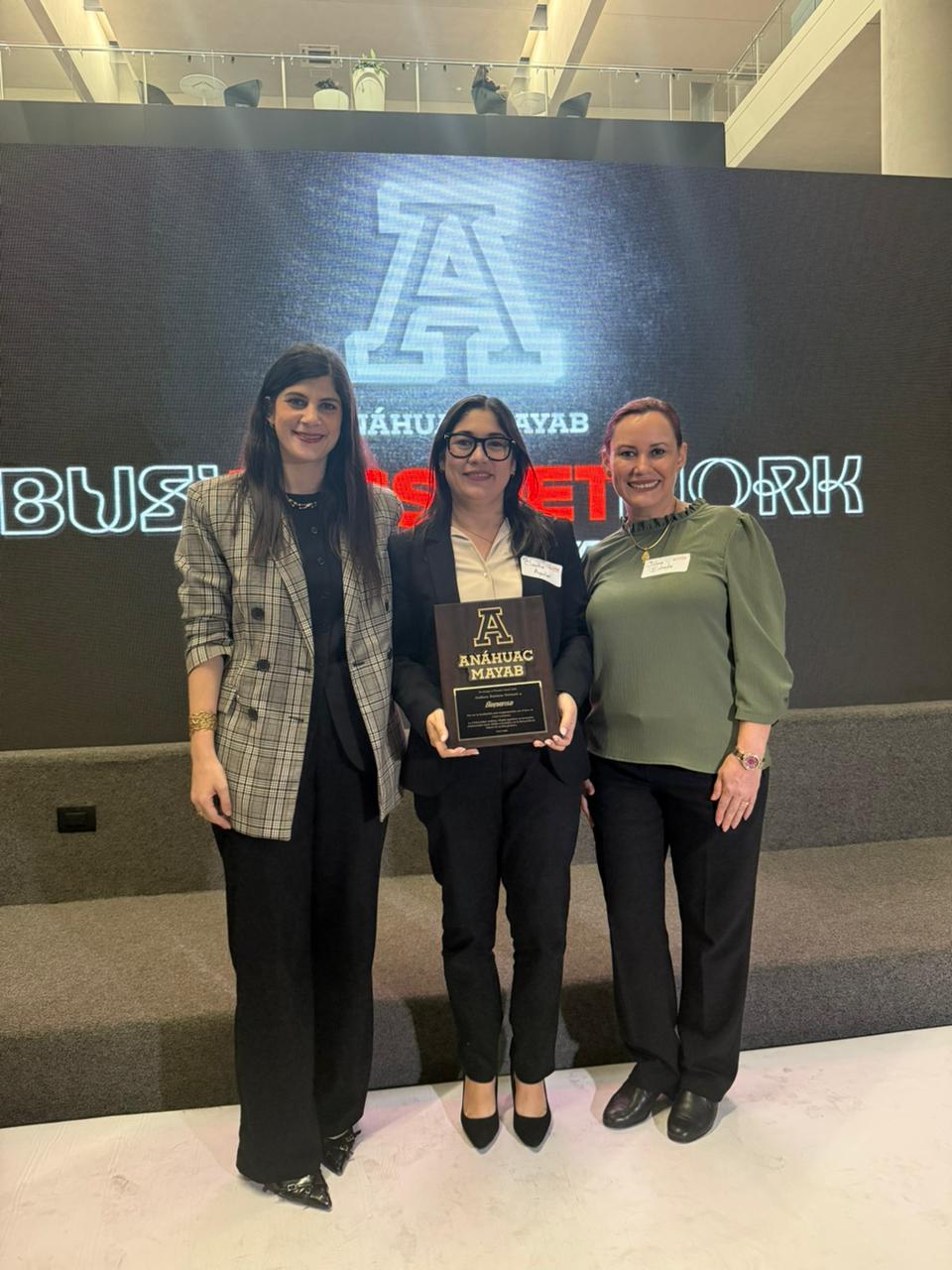At Bepensa and the Bepensa Foundation, we are committed to the well-being and health of the people living in the communities where we operate, which is why we offer ongoing physical activity programs.
Various levels of government, businesses, and citizens have decided to suspend non-essential operations and work from home—to the extent possible—in response to the COVID-19 pandemic. These measures also extend to schools. The Ministry of Public Education has suspended classes until April 30.
In recent days, the federal government has emphatically urged the public to stay home to prevent the spread of COVID-19. Working from home entails a series of challenges, including special care in waste management. Now, more than ever, proper waste separation is vitally important both for its reuse and to reduce the risk of infection among those who come into direct contact with our waste.
A person generates approximately 1,026 kilograms of waste per day, and it is estimated that 122,605 tons of urban solid waste are collected daily in the country. However, only 44% of the population separates their waste at home, according to data from INEGI, Sedesol, and Ecology and Business Commitment (ECOCE), a non-profit environmental association.
“As simple as it may seem, by throwing trash in its proper place and separating waste properly, we are helping to combat this pandemic,” commented Jorge Treviño, general director of ECOCE.
Traditionally, there are three categories for separating waste in our homes:
Organic, which are food waste, eggshells, flowers, fruit residues, among others.
Recyclable inorganics, for example, cardboard packaging, glass, PET and other plastics, tinplate and laminated cardboard packaging (tetrapack).
Non-recyclable inorganic materials, such as Styrofoam, pens, chewing gum, diapers, and tissues.
However, these extraordinary times require special measures. ECOCE recommends the following for this contingency:
Empty and wash recyclable inorganic waste thoroughly before separating it in its container.
Consider an additional container for sanitary waste.
Make sure to properly close and identify the bags where we deposit our waste.
Identify each bag with a marker or label according to the type of waste it contains and its classification.
Both organic and non-recyclable inorganic sanitary waste, such as disposable tissues and hygiene materials, must each be placed in sealed bags.
Cover the sanitary waste bag with another bag to further insulate it.
Disinfect the outside of the bags with chlorinated water. To prepare a disinfectant solution, it is recommended to mix four tablespoons of household bleach per liter of water.
If we suspect that someone in our home is infected with COVID-19 or has tested positive, we should store the trash bags in our home for 72 hours before taking them to the street or handing them to the garbage truck.
Properly separating waste will reduce the volume of our trash and prevent the spread of COVID-19.
Education: always important
These days of voluntary isolation can also be used to teach our children how to properly separate and manage our waste and learn about environmental culture. Education is one of ECOCE's pillars, which is why the free educational platform Educa Verde Eco-Challenge was launched this year.
The platform aims to be present in 250,000 preschools, elementary, middle, and high schools across the country, to support environmental education, environmental stewardship, proper waste separation, and reduce pollution in our ecosystems.
Since 2002, ECOCE has facilitated the collection and recycling of materials such as PET, aluminum, laminated cardboard, high- and low-density polyethylene, glass, tinplate, and others. It also helps connect stakeholders and contributes to environmental education.
At Bepensa, as part of ECOCE and the Mexican Coca-Cola Industry, we are constantly taking actions that motivate and inspire more ecological thinking for the conservation of our planet.



